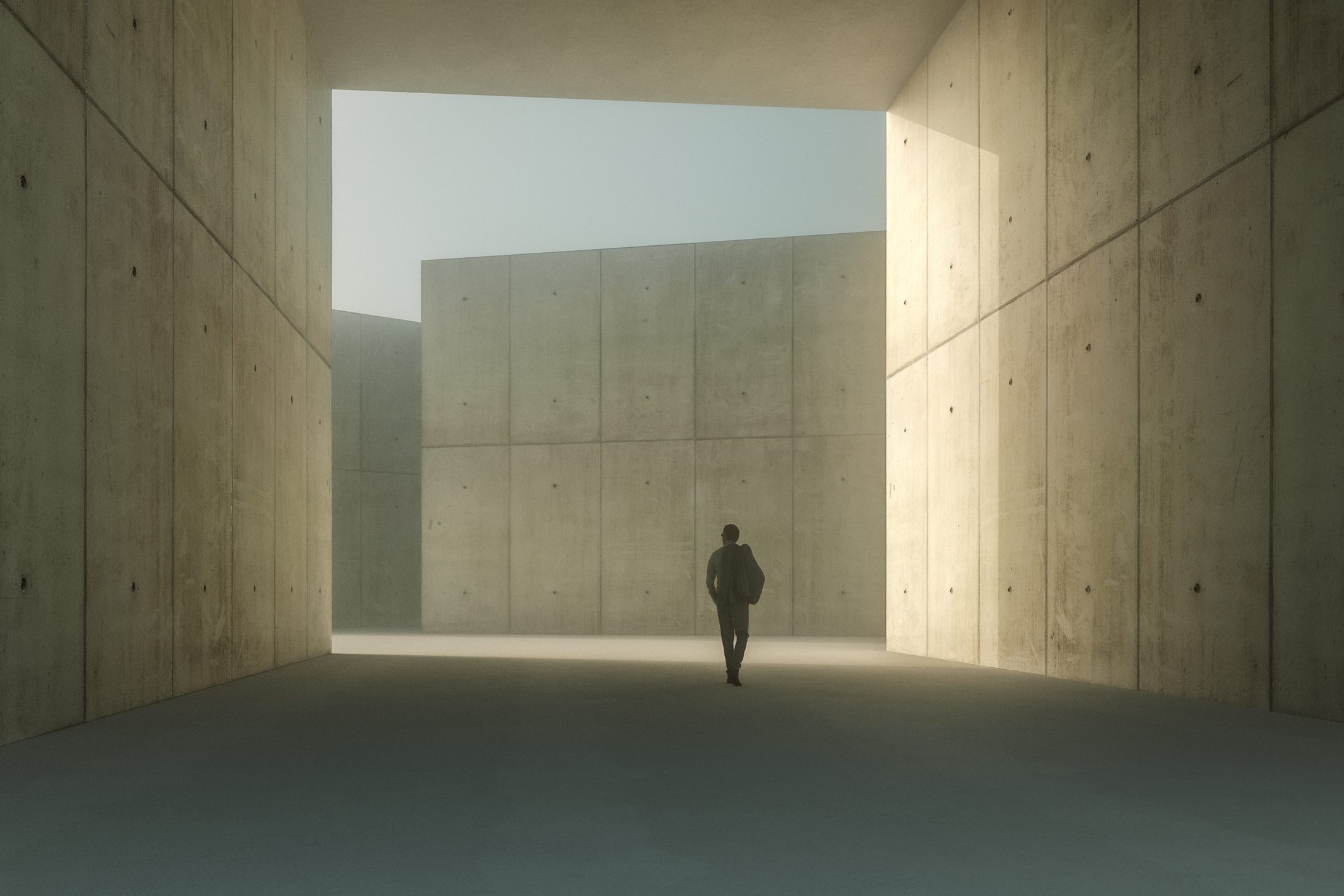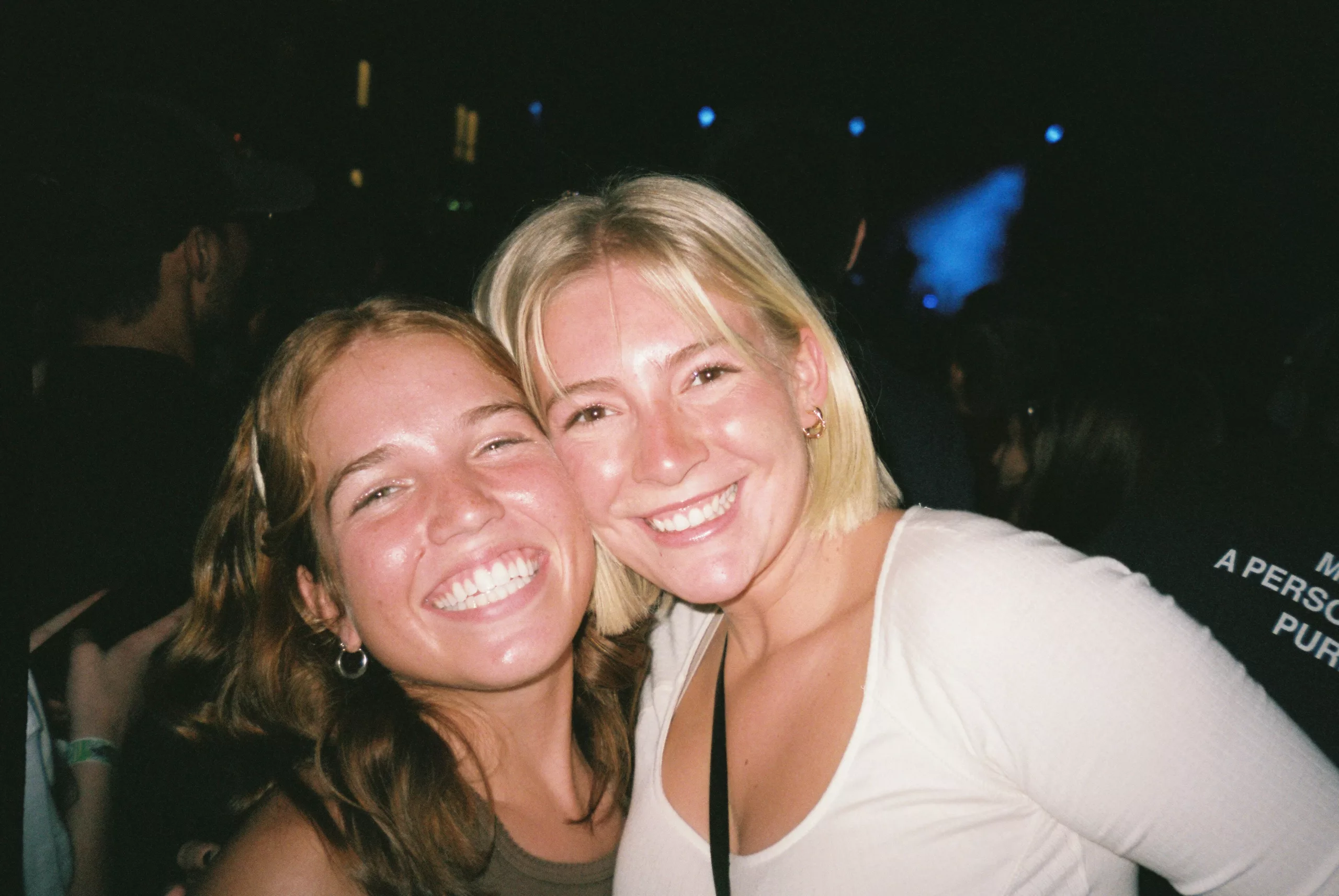In the hearts of bustling metropolises, a silent epidemic is spreading. Despite the busy streets of cities like Paris and Lisbon, an underlying current of loneliness persists, often unnoticed. This paradox of feeling isolated amidst a crowd is an increasing concern in urban environments around the world.

The Paradox of Urban Loneliness Urban settings, with their dense populations and hectic lifestyles, seem like the last place one would expect to encounter loneliness. However, the reality is quite different. According to a study by Holt-Lunstad et al. (2015), the lack of social connections can be as harmful to health as smoking 15 cigarettes a day. In cities, the daily hustle can lead to superficial connections, leaving deeper and more meaningful interactions aside.
The Science Behind Urban Isolation Research in social psychology sheds light on this phenomenon. A report by The Lancet (2020) highlights that urban dwellers often experience social overload. They retract into their shells, avoiding further social interaction, a concept known as ‘social withdrawal’. This creates a cycle of isolation, despite being surrounded by thousands of potential social connections.
Cultural Context in Portugal In Portugal, cities like Lisbon and Porto, rich in culture and history, are traditionally seen as centers of communal life. Yet, they are not immune to this trend of urban loneliness. The shift from communal living to a more individualistic lifestyle in urban areas has contributed to this sense of isolation.
Impact of Technology The rise of technology, while connecting us globally, has paradoxically played a role in local disconnection. A study from the University of Pennsylvania (2018) found a direct link between social media use and increased feelings of loneliness. The digital world often replaces the need for real-world interactions, leaving a void in authentic human connections.
Combating Loneliness Through Social Initiatives In response to this growing sense of urban solitude, initiatives that promote connection and social interaction offer a beacon of hope. These activities provide an opportunity to forge genuine connections, breaking the barriers of urban loneliness. By participating in such events, individuals can find a sense of belonging and community at the heart of the city.
Conclusion The contrast between crowded urban life and personal loneliness is a modern paradox that needs addressing. By understanding the causes and seeking solutions that promote interaction and social connection, we can begin to combat this epidemic, one interaction at a time.
References:
- Holt-Lunstad, J., et al. (2015). Loneliness and Social Isolation as Risk Factors for Mortality. Perspectives on Psychological Science.
- The Lancet. (2020). Social Isolation, Loneliness, and Health in Old Age: A Scoping Review.
- University of Pennsylvania. (2018). No More FOMO: Limiting Social Media Decreases Loneliness and Depression.
Who Are We?
Timeleft is not just a new app; it’s a gateway to a new way of living in the city, a celebration of human connection, and an invitation to venture into the social fabric with a welcoming mindset.
Our Success in Numbers:
- Over 60,000 participants in 6 months
- Meet-ups set in United States, United Kingdom, France, Spain, Portugal, Germany and more
- A community of 200.000 enthusiastic members
How to Join the Experience?
- Register on Timeleft.com: A personality quiz to guide you to the table that suits you best.
- Secure Your Seat: Every Wednesday, a new world opens up for you.
- Anticipate Surprises: Clues on Tuesday, venue announcement on Wednesday.
- Dive In: Scan, smile, and savor the moment.
- Share Your Adventure: Your feedback is valuable for us to refine the experience.


